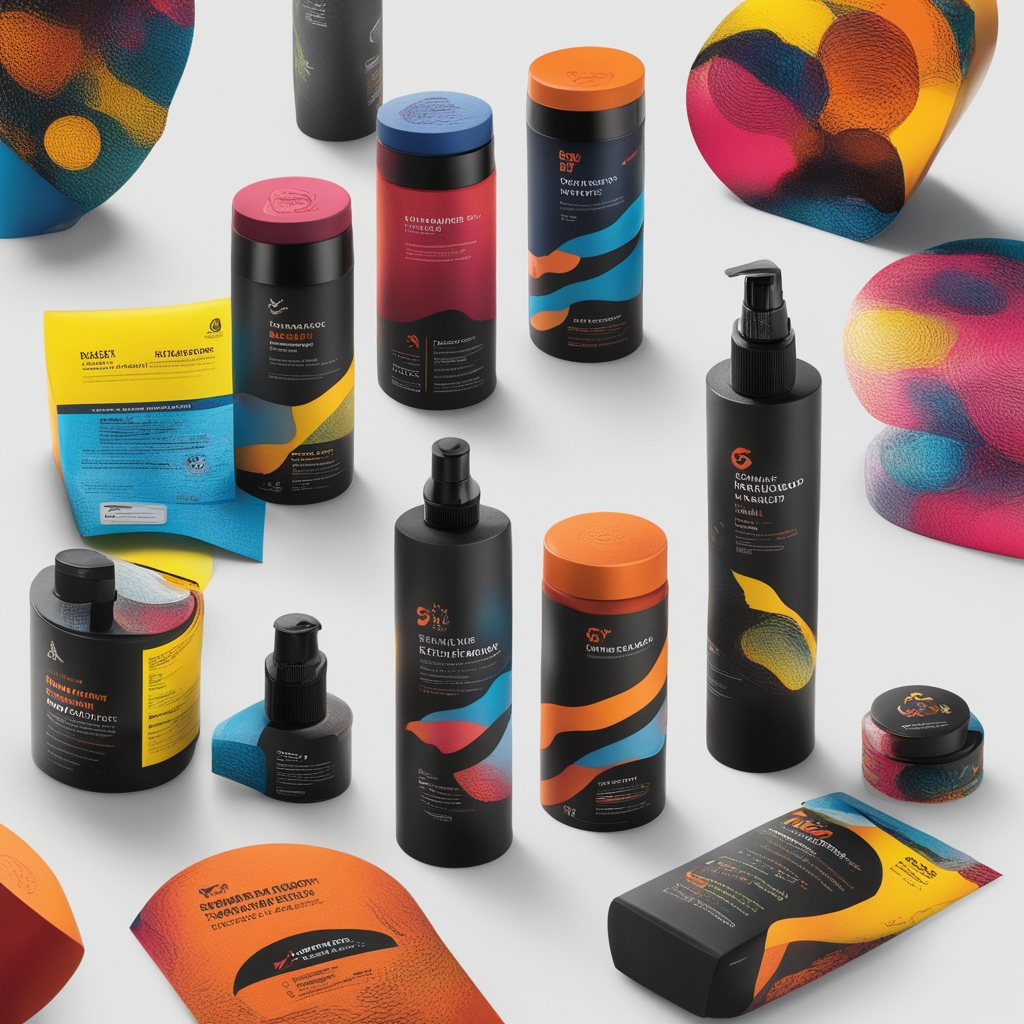The Legal Landscape for Coatings and Inks in the Graphic Arts and Adhesives Markets
Chapter 1: Introduction
The graphic arts and adhesives markets are dynamic industries that rely heavily on coatings and inks to enhance functionality, security, and aesthetics of their products. However, the development, distribution, and use of these coatings and inks are subject to various legal considerations.

Chapter 2: Regulatory Compliance
2.1 Product Safety and Compliance
Manufacturers of coatings and inks must comply with numerous regulations to ensure product safety. This includes complying with laws governing the use of chemicals, such as the Registration, Evaluation, Authorization and Restriction of Chemicals (REACH) regulation in the European Union. Manufacturers are responsible for testing their products and providing accurate safety data sheets (SDS) to customers.
2.2 Intellectual Property
Protecting intellectual property is essential in the coatings and inks industry. Companies must ensure that their formulations, processes, and technology are properly protected through patents, trademarks, or trade secrets. Infringement claims can lead to legal disputes and hefty financial losses.
Chapter 3: Labeling and Advertising
3.1 Product Labeling
Coatings and inks are subject to labeling requirements to provide consumers with essential information. Manufacturers must comply with regulations regarding product identification, hazard warnings, and country-specific labeling standards.
3.2 Advertising Claims
Marketing and advertising of coatings and inks should be truthful and substantiated. Companies must comply with laws related to false advertising, unfair competition, and misleading claims. Failure to do so may result in legal challenges and reputational damage.
Chapter 4: Liability and Consumer Protection
4.1 Product Liability
Manufacturers and distributors of coatings and inks can be held liable if their products cause harm or damage. It is crucial for companies to implement quality control measures, conduct proper testing, and provide clear instructions for safe handling and use.
4.2 Consumer Protection Laws
Companies must be aware of consumer protection laws to ensure fair business practices. This includes providing accurate product information, honoring warranties, and handling customer complaints promptly and fairly.
Chapter 5: International Trade and Customs
5.1 Import and Export Regulations
The coatings and inks industry operates within complex global trade frameworks. Manufacturers must comply with import and export regulations, including customs duties, labeling requirements, and certifications for specific markets.
5.2 Trade Secrets and Intellectual Property Protection
When trading internationally, companies should take measures to protect trade secrets and intellectual property from theft or unauthorized use. This may involve consulting local legal experts and implementing robust contractual agreements.




